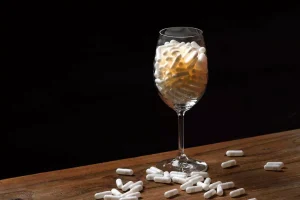
But this ascending signal can be “dampened down” by alcohol, which is how it achieves some of its pain-dulling effects. Alcohol poisoning is a serious medical complication that can happen to anyone, but particularly to people who binge drink. If you notice any of these symptoms in yourself or someone else, call 911 immediately. Usually it’s fine but it can be quite dangerous for people who live on the street and if they drink they might not notice it’s really cold so it can be quite dangerous for them. Knowing how you’re getting home, sticking with friends, and wearing warm clothes and sensible footwear will help to ensure you have a safe night out. Yes, alcohol can contribute to dehydration as it acts as a diuretic, increasing urine production and potentially causing fluid loss.
What is really happening to your body temperature?
While you’re drinking, your liver is working hard to breakdown all the alcohol that is entering your system. Women approaching menopause often have hot flashes throughout the day, and some will even have hot flashes or night sweats while they sleep. Although an exact cause of why women have hot flashes is unknown, Harvard Health Publishing says some theories suggest that a drop in the body’s level of estrogen could be Substance abuse to blame.
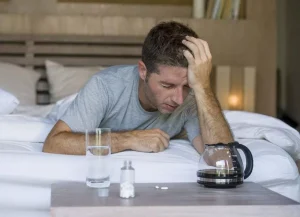
Microplastics in Alcohol: A Hidden Risk for ALDH2 Deficient Drinkers
Some individuals may be more sensitive to the effects of alcohol, including the sensation of warmth, due to genetic or environmental factors. Additionally, regular vodka consumption can lead to tolerance, reducing the intensity of the sensation of warmth over time. For example, consuming vodka in a cold environment may lead to a greater perceived sensation of warmth, as the body is already under thermal stress.
‘A drink will warm me up’
Winter is filled with boozy drinks that are meant to keep you warm, but do they actually? Here’s why you should think twice about warming up with a cocktail. A person should speak with a doctor if these symptoms do not improve.
Sweating and hot flashes are signs of the body’s fight-or-flight response. Rough sleeping in extremely low temperatures over winter, combined with prevalent alcohol addiction problems, make the homeless population particularly vulnerable to hypothermia. You may have experienced hot flushes as a symptom of an alcohol hangover. This happens when your blood alcohol concentration levels return to normal. Usually, when you haven’t consumed alcohol, these hot flushes are your body’s signal to cool down. As a result, during a hangover this can cause abnormal changes to your thermoregulatory mechanisms.
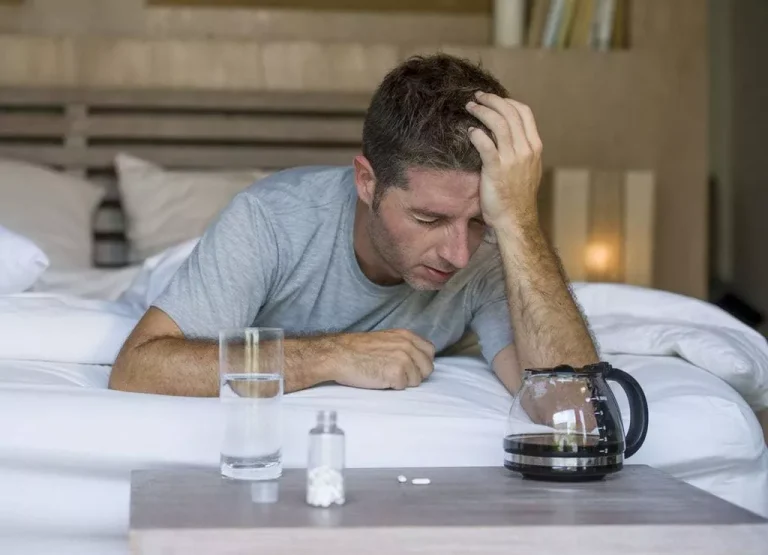
Why do some people feel cold after drinking alcohol?
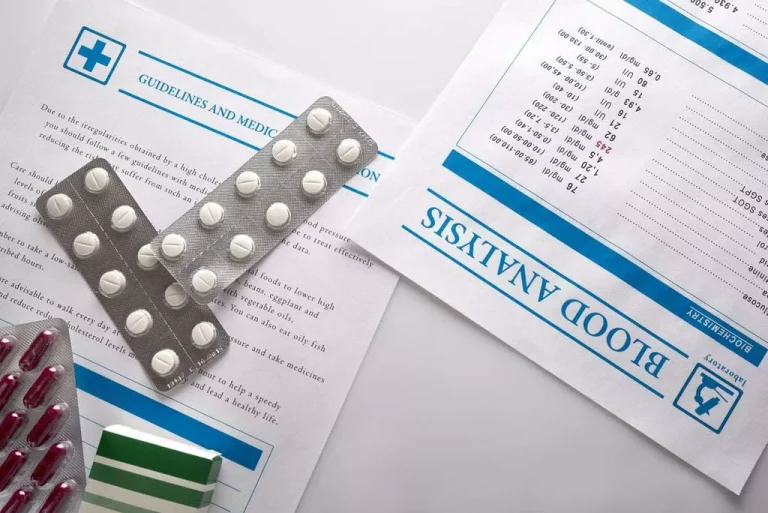
Contrary to popular belief, drinking an alcoholic beverage does not help you stay warm when it’s cold outside, according to our sources. Along with the hormone changes that alcohol triggers, that can keep your body from building new bone. Your bones get thinner and more fragile, a condition called osteoporosis.
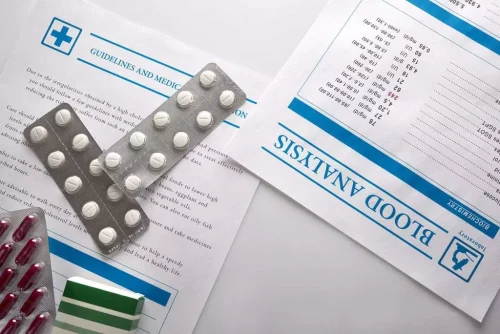
However, while blood rushes to the surface, it’s actually causing your body to lose heat more rapidly. By redirecting blood away from your vital organs towards your skin, alcohol impairs your body’s natural ability to regulate its temperature. Blood flow and circulation play a significant role in the sensation of warmth after vodka consumption.
Changes to Body Temperature
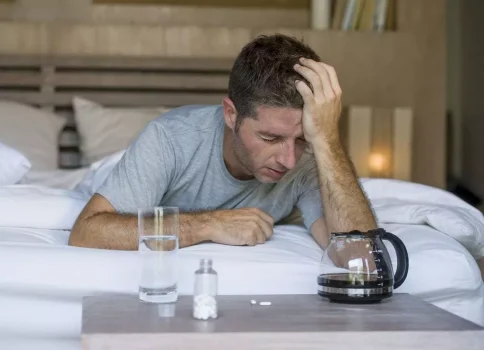
But does alcohol make you feel warm in a hot environment, the same effect actually increases heat loss, creating a cooling sensation. It’s also useful to note that while you may begin feeling warm when drinking alcohol, this is actually deceiving. In addition, sweating caused by alcohol lowers your body temperature even further. Night sweats may also result from alcohol withdrawal or alcohol intolerance.
- Another option would be to have alcoholic drinks with lower alcohol content, which means your liver has less work to do since you’ll have less alcohol in your system.
- For people who already experience night sweats, including those going through menopause, consuming alcohol can worsen the sweating.
- Enrolling in amedical detox programcan help you avoid life-threatening withdrawal symptoms and detox from alcohol safely with the help of professionals.
- Medical professionals think thatalcohol tricks your brain cellsinto thinking that you are warm.
- In conclusion, the sensation of warmth after vodka consumption is a complex phenomenon influenced by physiological, psychological, and environmental factors.
In fact, consuming vodka in these situations can be extremely dangerous and even life-threatening. The alcohol in vodka can impair the body’s ability to regulate its temperature, making it harder to treat hypothermia. Additionally, the increased blood flow to the skin’s surface caused by vodka can actually make frostbite worse, as the affected areas may become more prone to further damage. Alcohol can give the sensation of feeling hot, but it does not actually raise your core body temperature.
What happens to your body when you drink vodka in cold weather?
Lastly, alcohol is a depressant, and can hinder the part of the brain that senses and controls body temperature, which can fool you into feeling warmer than you actually are. However, that feeling of warmth radiating from your skin is a signal that blood is being diverted from your core, and an indication that your body temperature may actually be lowering. The warm and toasty feeling after drinking alcohol can be accompanied by sweating. This is another mechanism of thermoregulation that under regular circumstances is used by the body to lower its temperature through evaporation. Night sweats and hot flashes can also occur after drinking, and it’s important to stay alert for signs of alcohol poisoning. So whiskey and other hard liquors contain enough ethanol to temporarily boost blood flow near the skin and create a flushed, warm feeling.
